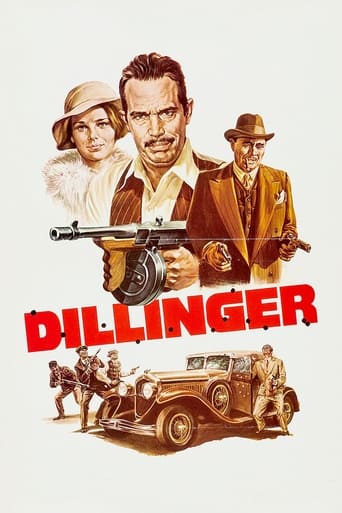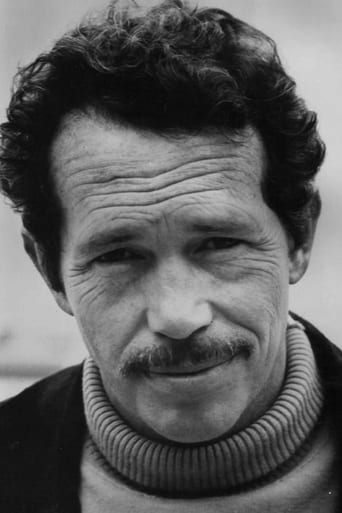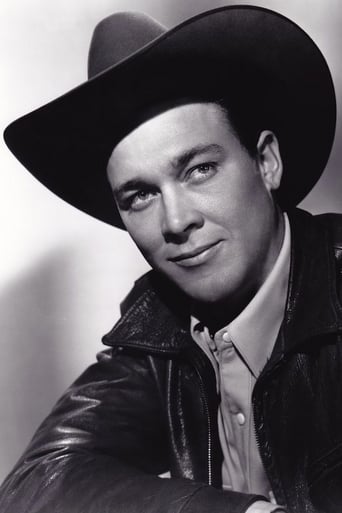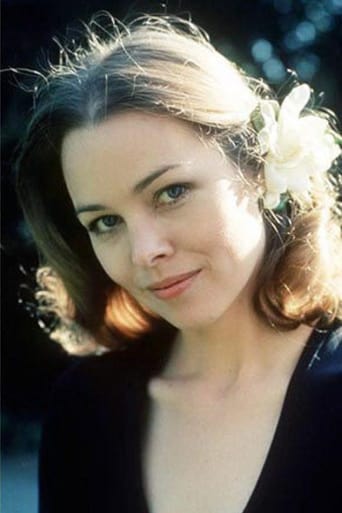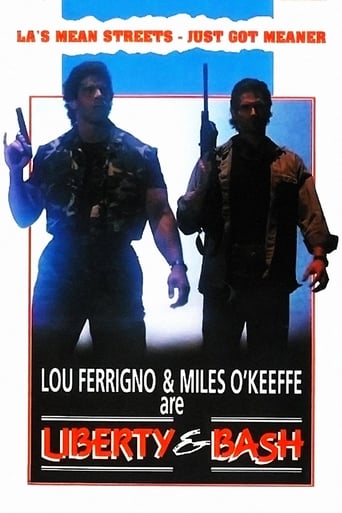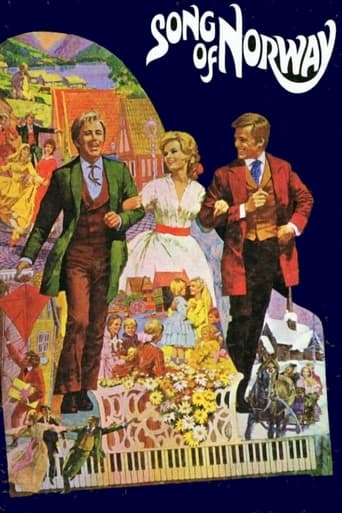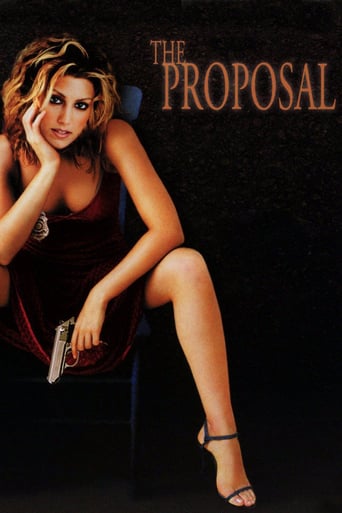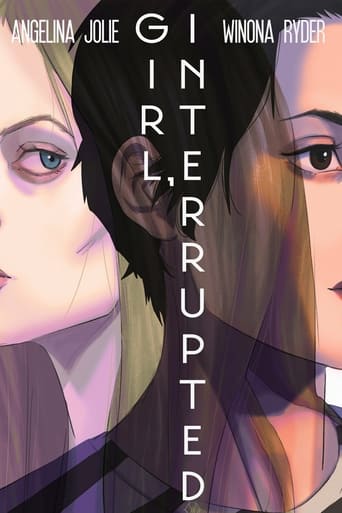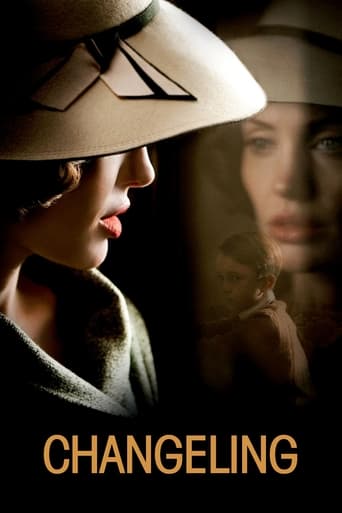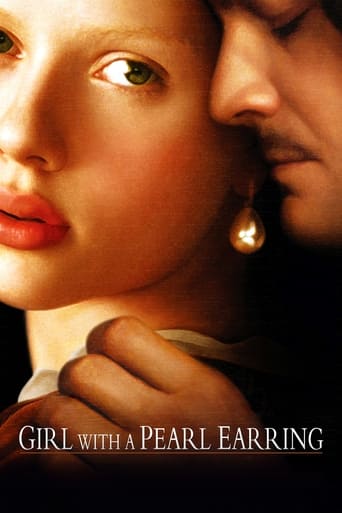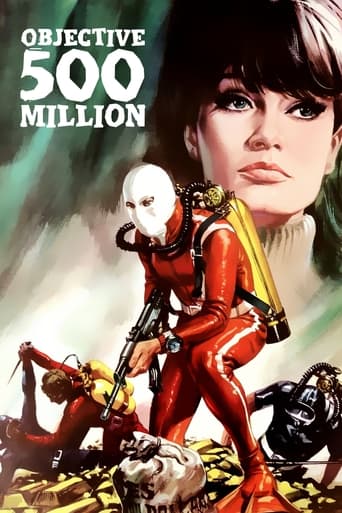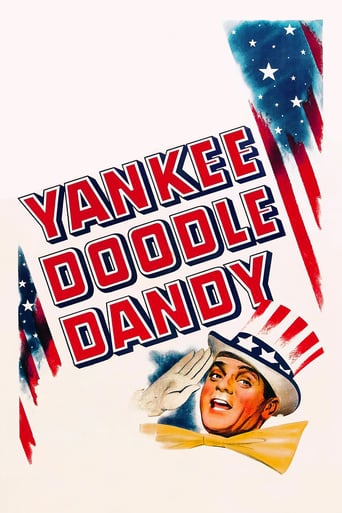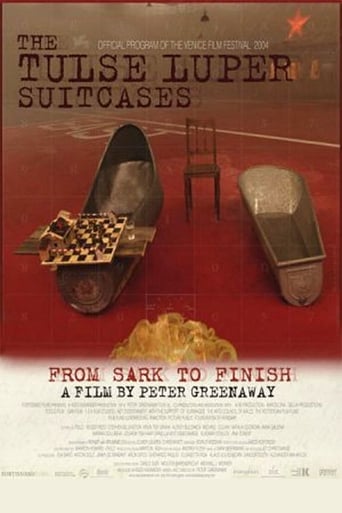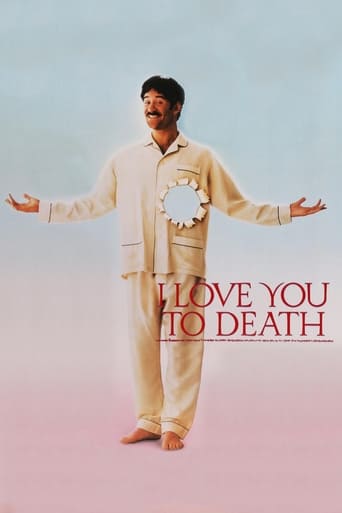Dillinger (1973)
After a shoot-out kills five FBI agents in Kansas City the Bureau target John Dillinger as one of the men to hunt down. Waiting for him to break Federal law they sort out several other mobsters, while Dillinger's bank robbing exploits make him something of a folk hero. Escaping from jail he finds Pretty Boy Floyd and Baby Face Nelson have joined the gang and pretty soon he is Public Enemy Number One. Now the G-men really are after him.
Watch Trailer
Cast


Similar titles
Reviews
So much average
Bad Acting and worse Bad Screenplay
All of these films share one commonality, that being a kind of emotional center that humanizes a cast of monsters.
One of the most extraordinary films you will see this year. Take that as you want.
Ben Johnson is 'Melvin Purvis, G-man' and Warren Oates is 'public enemy number one' in this violent, fedora-rich biopic that takes some liberties with the facts. The film follows John Dillinger's rise from bank robber to criminal icon, portraying him as violent and vain, but also an anti-hero to some poor depression-era Americans (similar to the superior "Bonnie and Clyde", 1967). The rest of the gang is a bit of a 'who's who' of period gangsters: Pretty-boy Floyd, Baby Face Nelson, Machine Gun Kelly, etc. Oates and Johnson (the Gorch brothers in Peckinpah's great "The Wild Bunch", 1969) are quite good in their roles, as are the rest of the cast except for a hammy Richard Dreyfuss as Baby Face Nelson. As Billie Frechette, Dillinger's moll, Michelle Phillips (of 'The Mamas & the Papas' fame) seems like a bit of gimmick casting and she certainly does not look 'half Indian', which, as is mentioned several times in the film, Frechette was. Typical of the trend in late '60's/early '70's R-rated action films, lots of blood-squibs were used, so the shootouts are quite messy and 'realistic'. Many of the gang-members' demises are fictionalised to allow Purvis to be pulling the trigger (or at least be on hand), and while I appreciate that movies are not meant to be history lessons, I dislike it when they rewrite the past for simplistic dramatic effect. Not a great gangster film, but entertaining enough to warrant a viewing, especially by fans of the genre. One interesting side-note: Oates actually resembles Dillinger. No mention is made of Dillinger's mythic monstrous member, which urban-legend states is in the custody of the Smithsonian.
"Dillinger" is one of the best films from Warren Oates. He is better known as a character actor, supporting player and a fine one at that. Occasionally, he was given the lead. The film has great action and Warren Oates bears a striking resemblance to the real life bandit, John Dillinger. Ben Johnson is terrific as the F.B.I agent who is on Dillinger's trail. A minor classic.
The Depression era, in which the explosive financial success Roaring Twenties sank into the pain of the Dust Bowl, not only saw more than one-fifth of the United States population losing their homes and farmlands to bank foreclosures, it also saw the rise of a particularly nasty phenomenon: the rise of gangsters of every stripe. Easily one of the most notorious of these gangsters in rural American was John Dillinger, an especially ruthless robber and murderer who, along with a group of equally notorious bank robbers like Baby Face Nelson, Harry Pierpont, Homer Van Meter, Charlie Mackley, and Pretty Boy Floyd, turned the Midwest a bloody red. Dillinger's reign of terror, of course, came to an end in 1935; but while it lasted, a lot of people died. That outlaw's life was filmed in 1973 by writer/director John Milius (his first behind the camera) for American International Pictures as DILLINGER.Warren Oates, a familiar character actor, especially in the westerns of Milius favorite Sam Peckinpah, is here put in one of his very few lead roles (the other being in Peckinpah's BRING ME THE HEAD OF ALFREDO GARCIA) as Dillinger; indeed, Oates is basically a dead ringer for the man. With a certain amount of charm, he and his boys rob banks and people left and right. And before he knows it, he has become as big a celebrity as the bank-robbing couple Bonnie And Clyde, whom he detests as "small timers" and "amateurs", earning him the sobriquet "Public Enemy #1" by the nascent Federal Bureau of Investigations. But Oates has met his match in the form of the special agent the FBI and its infamous chieftain J. Edgar Hoover has sent out, Melvin Purvis (Ben Johnson, another Peckinpah acolyte). Johnson's portrayal of the ever-ruthless Purvis is one of steely determination, one in which he intends to get revenge against Oates for having seen several of his fellow G-Men gunned down in Kansas City by Oates and his ilk. Oates, of course, isn't afraid of getting caught, since he doesn't think he will. As he tells those he robs: "This could be one of the big moments of your life. Don't make it your last." But much like the bank robbers of the Old West, and Bonnie And Clyde, Oates and his gang push their luck a little too much; and soon Floyd (Steve Kanaly), Van Meter (Harry Dean Stanton), Nelson (Richard Dreyfuss), Mackley (John Ryan), and Pierpont (Geoffrey Lewis) all bite the dust in some truly bloody shootouts with Johnson and his boys, including his trusty aide-de-camp Sam Cowley (Roy Jenson). These killings make Johnson as notorious and admired among law enforcement as Oates is with the criminal crowd. But the real prize is capturing Public Enemy #1, Mr. Dillinger; and Johnson finally gets that prize in Chicago.Even with a budget that was significantly lower than what Arthur Penn had for BONNIE AND CLYDE six years earlier, DILLINGER remains one of the most violent films of its time. And even though no slow motion is involved, as there was at the climax of BONNIE AND CLYDE, let alone for much of Peckinpah's THE WILD BUNCH, Milius makes the killings as hideous as possible. Unsurprisingly, given his reactionary politics and his love for firearms, Milius shows a lot of the artillery being used. One unique thing about DILLINGER, though, is how he doesn't choose sides: he loves both Oates' lovable (if murderous) Dillinger, and Johnson's equally steely-eyed Melvin Purvis with equal élan. The other notable thing, of course, and one thing he can't ignore no matter how much he loves guns or right-wing politics, is that the consequences of all this killing on both sides, Oates' and Johnson's alike, are corrosive and painful.While Milius is not really a director of any real renown (his penchant for injecting right-wing polemics would severely dampen his later films' impact), in DILLINGER he gets first-rate performances from all his actors; and even Phillips (as Oates' girlfriend) and Cloris Leachman are treated as more than window dressing for all the 1930s male testosterone and blood that is spread around. The period authenticity is as sharp here as it was for BONNIE AND CLYDE as is DeVorzon's score, which evokes Woody Guthrie and rural Americana much like the mix of ragtime jazz and bluegrass did for BONNIE AND CLYDE. In the final analysis, while not really a masterpiece, DILLINGER does a really good job at providing big bang for a buck, while making us realize just how bloody those big bangs and bucks came about to start with.
Michael Mann's massively budgeted and heavily promoted "Public Enemies" was somewhat of a disappointment, at least to me personally, and thus I went searching for other cinematic versions of the John Dillinger/Melvin Purvis saga. I quickly came across this biopic and it immediately looked a lot more like my preference. "Dillinger" is an early 70's film (the best era for cinema), with a splendid cast and an incredibly violent character. I don't know why exactly, but back in the seventies they were better at re-creating the desolate and grim 1930's Depression Era than they are nowadays. The atmosphere and scenery used in "Dillinger" feels a lot more authentic than in "Public Enemies", despite the fact this AIP-production probably didn't even cost one tenth to make. The life- story of John Dillinger is well-known. He was an eloquent but dangerous bank robber in the Midwest area during the Depression era, but became particularly immortal when he was declared public enemy number one by the FBI and idolized by the newspapers and media. Dillinger always collaborated with loyal and almost equally infamous partners (Homer Van Meter, Harry Pierpont, Baby Face Nelson, Pretty Boy Floyd) and wasn't ashamed to make public appearances with his girlfriend Billie. Melvis Purvis, head of the Chicago bureau and right hand of FBI boss J. Edgar Hoover, devoted himself to capturing and killing Dillinger and his gang. The film is narrated in a more or less chronological order, with the emphasis lying on Dillinger's ego and Purvis' personal vendetta. Most of the criticism towards "Dillinger" comes from people claiming the script, penned down by director John Milius, isn't always fully accurate. Probably so, but this merely concerns unessential details and – besides – if all movies based on true stories would be 100% accurate, they would be called documentaries instead. I believe the facts are only slightly altered and that strictly for entertainment purposes. The bank robberies and shootouts naturally form the highlights of the movie. They are quite extended and very, VERY violent. Multiple cops and robbers are literally perforated with machine gun ammunition and John Milius blatantly depicts the bloody carnage of these battles. The soundtrack is great and very apt, with "The Gold Diggers' Song" and "Happy Days are Here Again". The casting is extraordinary. With his rough looks and almost naturally criminal charisma, Warren Oates is the best imaginable choice ever to play John Dillinger. If you look up some pictures of the real John Dillinger, you'll be stunned by the resemblance he bears with Warren Oates. I love Johnny Depp and all, but this role belongs to Oates forevermore. Ben Johnson is terrific as FBI man Melvin Purvis and Michelle Phillips (1/4th of "The Mamas and the Papas") is quite convincing in her film debut as the love-interest Billie. Furthermore there are several fantastic supportive roles for Harry Dean Stanton (one of the most underrated actors ever) as Homer Van Meter, Geoffrey Lewis as Harry Pierpont and a very young and hardly recognizable Richard Dreyfuss as the ill-tempered and nasty Baby Face Nelson.

